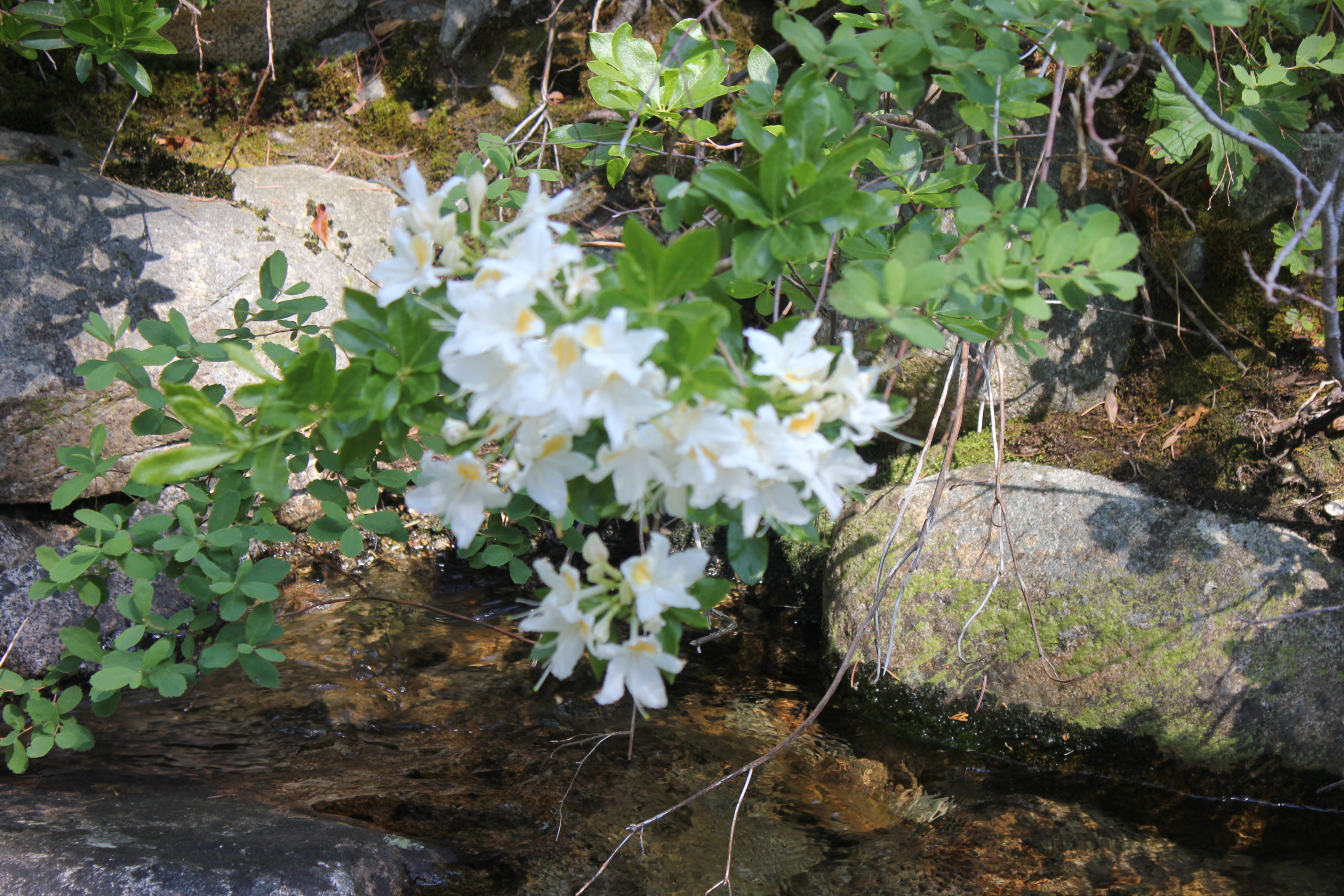“There is nothing noble in being superior to your fellow man;
true nobility is being superior to your former self.”
— Ernest Hemingway
By summertime, my physical condition wasn’t getting much better. I had my injured hand in a fall, and it was still in a wrist brace. My left leg and hip were sore from yard work. I was fortunate to still have a job during the economic shutdown that followed the coronavirus quarantine, but that meant spending most of my day in an office chair. The indefatigable weight of the atmosphere compressed my body, the way water pressure crushes a submarine. I knew that others were feeling the same stress, confined to their homes in fear and confusion. I read that alcoholism and depression were rampant in society, and suicide rates were on the increase. I supposed that those who found it difficult to love themselves were unhappy with the company they had to keep. Ending one’s life is the ultimate denial of self-love. It wrenches the soul to consider the mindset of people who could apply a “mercy killing” to themselves, with the same tragic compassion they might feel when euthanizing a dog.
I’m never certain if I will make it back to the lakes in any given year. My body rebels against the physical necessity of living. The vagaries of “civilization” make it hard to be authentic. They suck the vitality from my marrow, and dull my nervous system with stultifying details. It takes an annual cleansing to keep the mind docile, and the hands steady. If I miss just a year I am adversely affected in more ways than I care to consider. Any more, and the deprivations become intolerable. This time, it felt as if I needed revitalization more than ever. Not because of the coronavirus, which was a natural by-product of our avarice and moral indolence. Not because of the death and suffering – which had been truly heartbreaking – as over 100,000 people had already died in America… most of them alone and frightened. My desperate need for reconnection to the all-that-is came from witnessing the inevitable side effects of the pandemic, as people behaved badly, society unraveled dangerously, and our humanity hung by a thread.
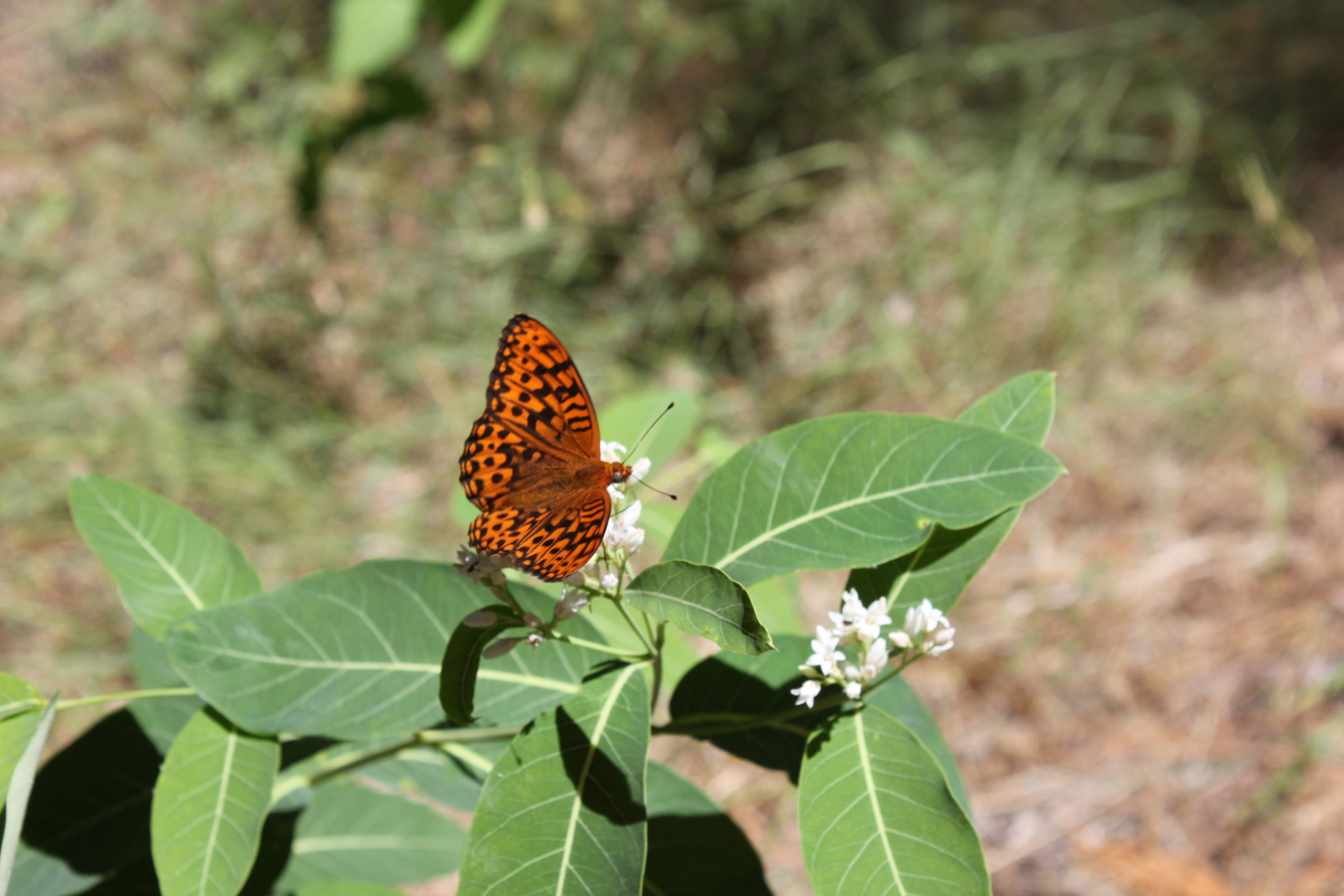
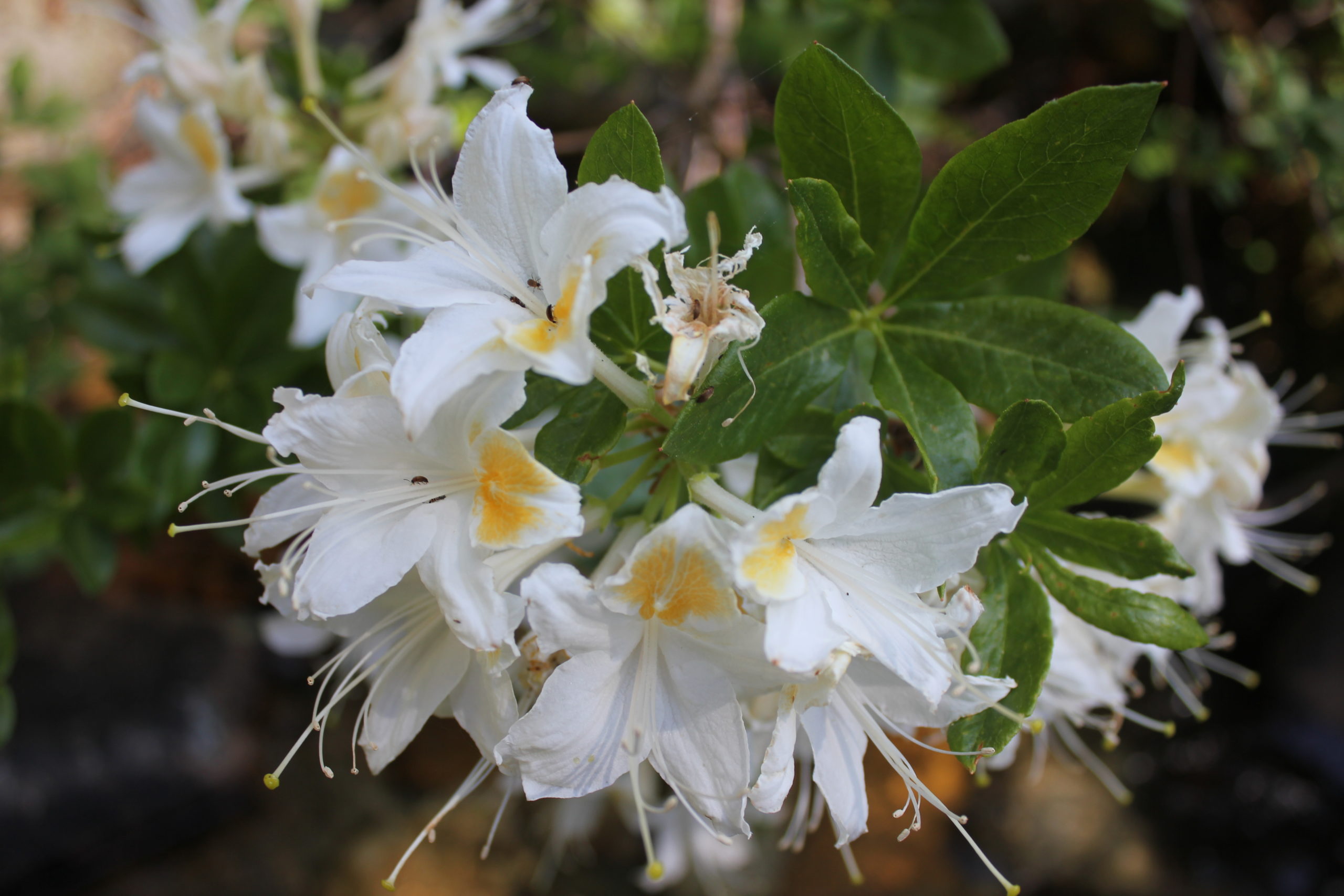

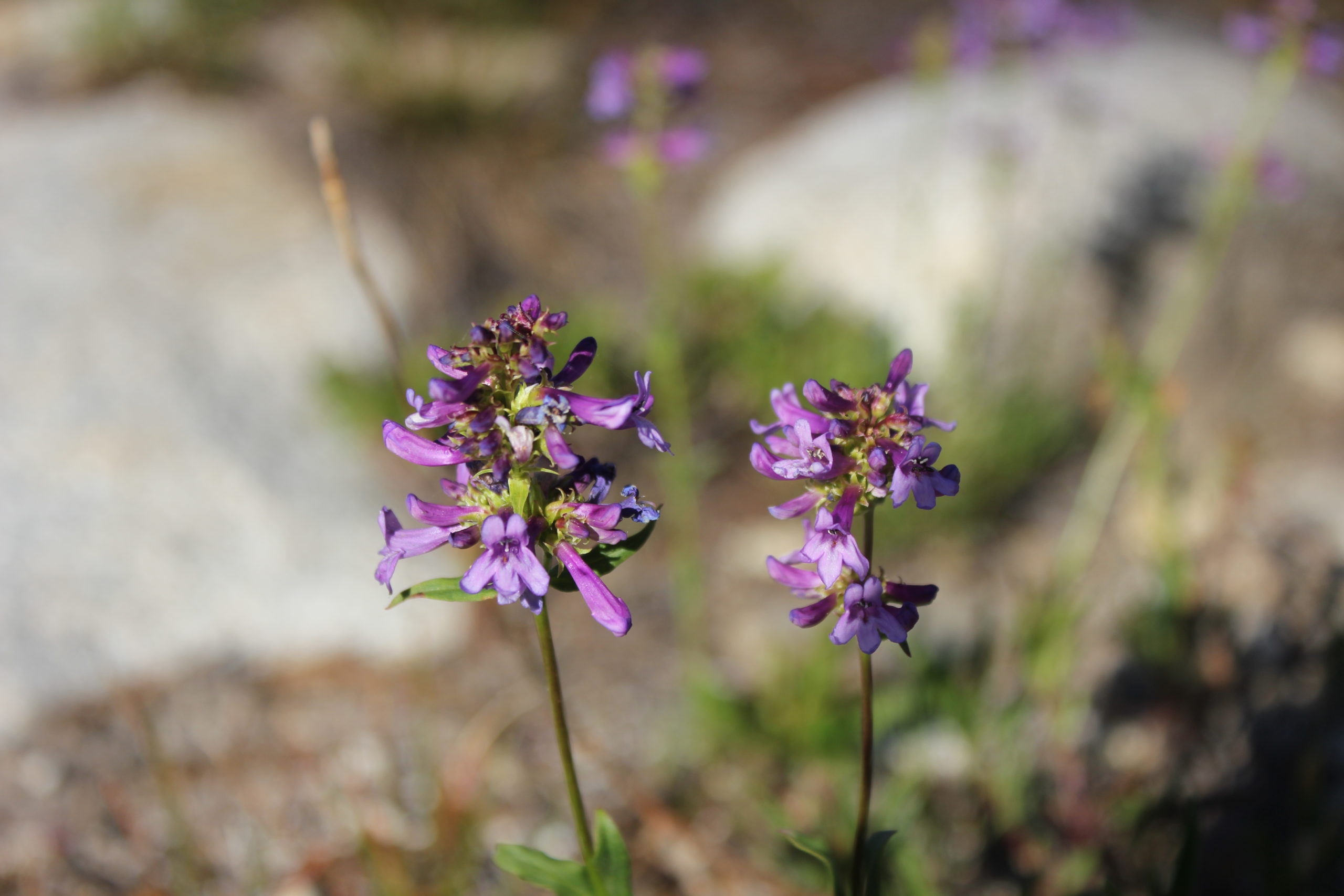
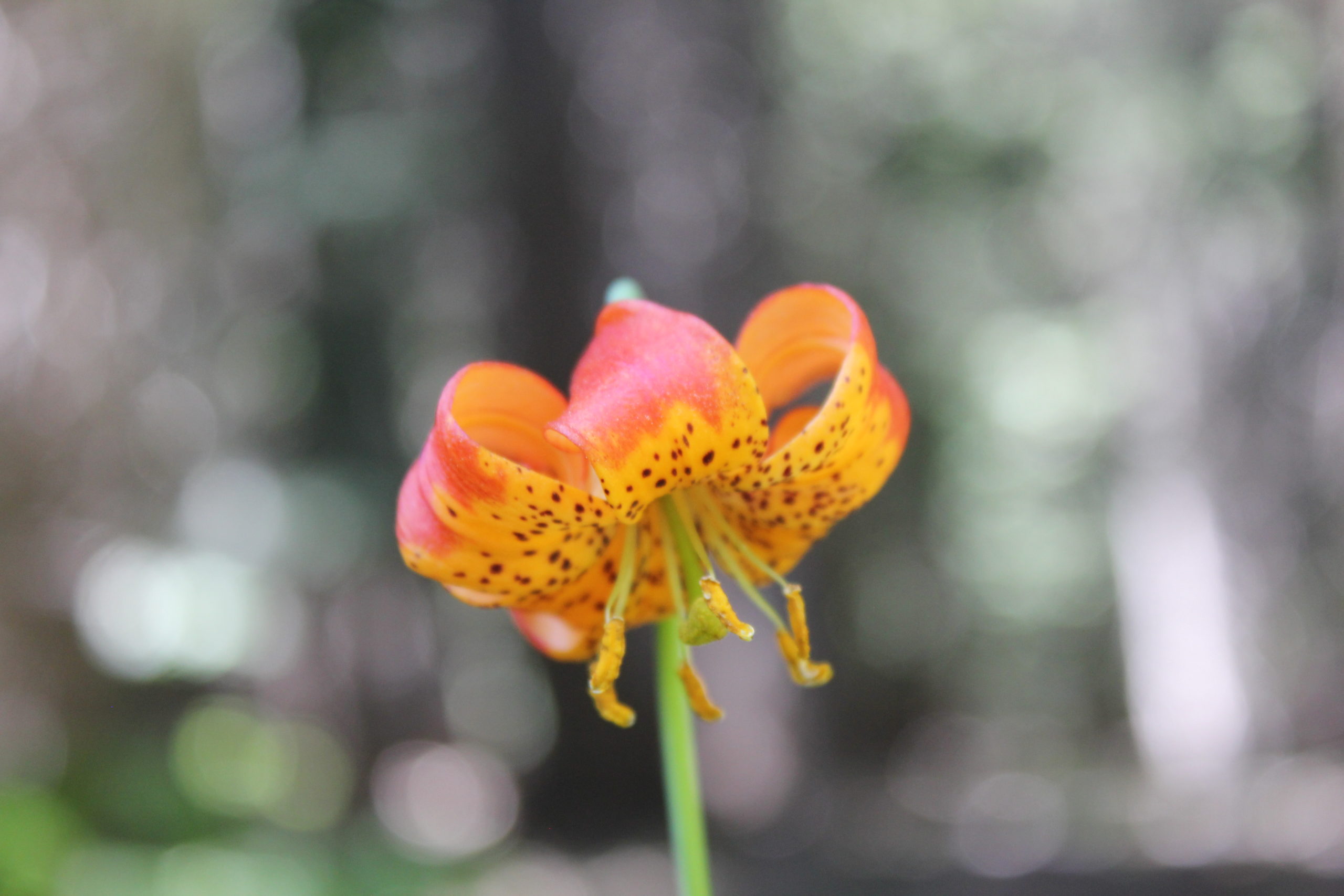

I made my decision to visit Little Bear Lake on the weekend of the summer solstice. The shelter-in-place orders during the coronavirus pandemic were making lots of people stir crazy, and I was more prone to cabin fever than most. The old joints would just have to hold together for another trip! I bought a new pair of boots, replacing the trusty MacGyver foot soldiers that had made so many tracks on the Bear Lakes Trail. I exercised when I could, and rested when it was too painful. Gravity might claim my bones, but not my soul. The allure of the wilderness was calling me home.
My packing list from the last trip served well enough for planning. In recent trips I have carried fewer and fewer items. This time I could bring a little less food, and fewer warm clothes during the first week of summer. Come to think of it, these would be the longest days I had ever spent in my own private nirvana. The nights would be dark, with a new moon on the same weekend. If the skies were clear, the stars would be putting on a spectacular show. I might not sleep for five nights!
I also planned to stop at the Twin Towers and explore that area for a day. I’d really like to smell those mountain azaleas again! Early summer is the time of their fleeting, erotic blooming. How sad that one’s olfactory sensations cannot be recorded and re-experienced in any medium but brain cells! That particular section of the trail is level and enchanting, with fern-covered meadows and museum specimens of trees. The creek flows right past the trail, and waterfalls gurgle upstream, where it gets steeper. I might even spend the night there, for a change of scenery. Either way, I intended to spend an entire day trekking slowly and rapturously through a landscape of dreams. Where a fit person might hike up to the lakes in less than 3 hours from their car, I would ascend deliberately; with divine purpose. For me, the journey was the destination, similar to the pilgrimages made to circumnavigate a holy mountain in the Himalayas.
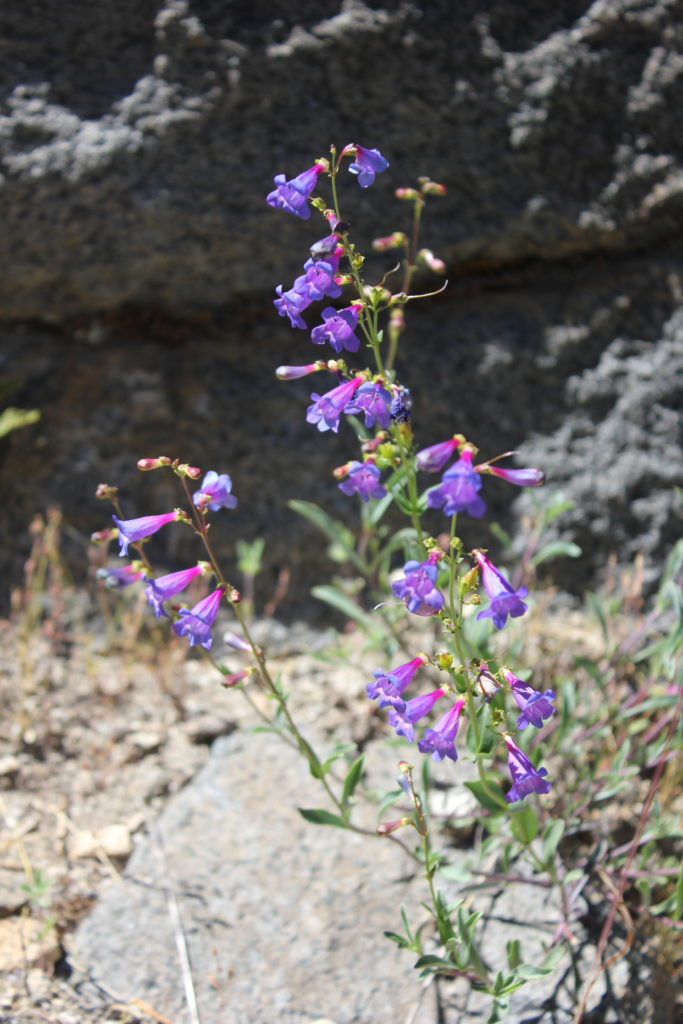
Then it became apparent that something really weird was going on. Nine days before I was going to leave all the social upheaval and coronavirus behind, my plans changed in the blink of an eye when I stepped on a huge NAIL in the backyard, while repairing the chicken coop! It could have gone all the way through the center of my foot, but I managed to shift my weight after it pierced my shoe, and it stabbed about an inch deep into my flesh. There were actually two nails, but one was much shorter, and barely nicked me. With excruciating clarity, it was immediately apparent my backpacking trip was not going to happen! In agonizing pain, I pulled my foot up slowly, and felt the nails retracting from my foot with grisly squishing sounds. I gimped back to the house, frantic and exasperated with pain and despair. By the time I got to the back door, my shoe was full of blood. Joy bravely came downstairs and helped me, but she didn’t like blood… and there was a lot of it! It pooled on the bathroom floor and stained the basin where I cleaned the wound. It soaked my sock and got all over the baseboards. Taken all together, I lost about a pint, and nearly passed out. More than the horrible pain of the puncture wound, my heart was pierced with the knowledge I could not go hiking until it completely healed.
I put my foot above my heart as much as possible, and when the bleeding stopped, I used my old crutches to get upstairs and go to bed. The next day, I fell on the stairs, and struck my shin on the edge of the hardwood! The impact was severe enough to crack the bone, but this time I was “lucky,” and got away with just a painful bruise. The gods were trying hard to keep me from going on a backpacking trip this year! Gradually the healing started, and I stopped using crutches on the fourth day after the accident. I stubbornly entertained the notion that I might heal well enough to leave on my scheduled day anyway, but alas, I was destined to celebrate the solstice at home with the chickens, instead of at the Altar with the mountain spirits.
Throughout my injuries, I only went to see a “real” doctor once. My relationship with the industrial medical complex in this country was a financial one. For example, my right wrist was still bothering me where I fell on it months ago, but when I saw a doctor I had to pay $25 for a copay, and $60 for a wrist brace, and I wore that brace for 6 weeks but it never fully healed. The orthopedist recommended an MRI, but my insurance would only pay for 80% of that, so it would cost me $500 just to provide the images that may or may not tell him what was wrong. I didn’t even have a regular doctor anymore, and going to an urgent care clinic for x-rays or a tetanus shot would be equally expensive.
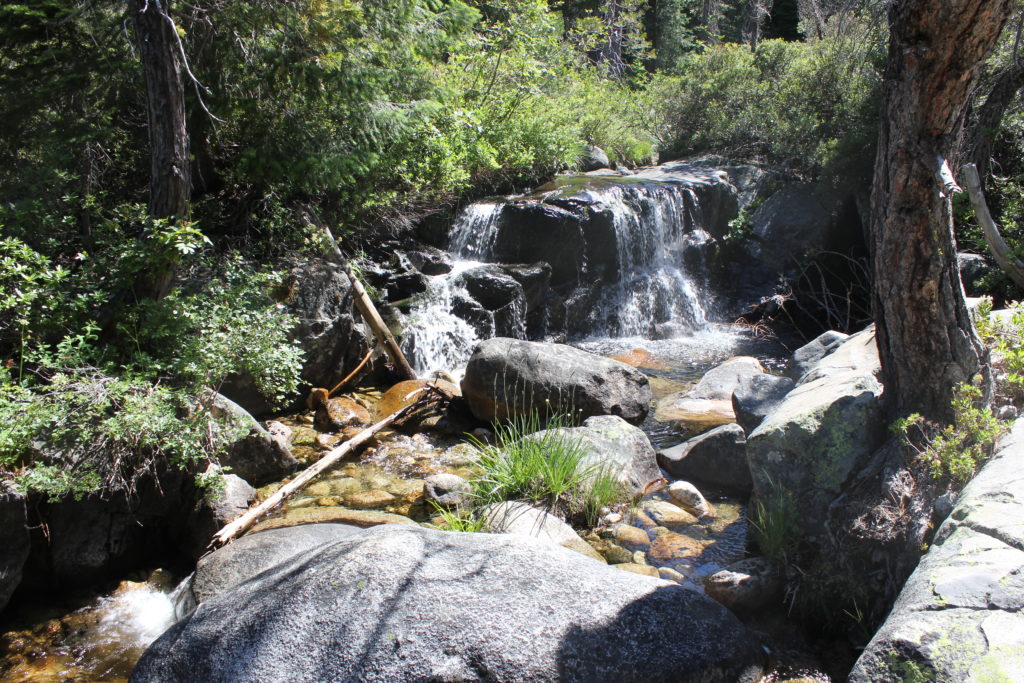
The foot injury also prevented me from joining the protest marches, which were happening all over the Bay Area. Thousands massed on the streets of San Francisco, while here in Novato we had a few soccer moms with tasteful signs. Still, it was something I wanted to do at the time, if only to show solidarity with my grandsons. They were half Black and a quarter Filipino, and would be treated all their lives based on the color of their skin. When I was a teenager, I grew my hair long to show solidarity with people who were judged solely by their appearance. The rich people in Marin would see me and think, “Look at that hippie. He must be selling drugs.” Then they’d actually have the nerve to ask for a discount! Just kidding.
For many white Americans, when they see a black man walking down the street in their neighborhood, their first thought is straight from their ancient genetic bias. “What is he doing here? He doesn’t belong here!” Their next thought germinates from the persistent fear drummed into their minds by a racist society: “I’ll bet he’s looking for something to steal.” Whenever I saw a black man, I wondered if he played an instrument. All of the above impressions are stereotypes. If those same white people saw a Latino man in their area, the thought pattern would likely be the same, ending with, “I’ll bet he’s an illegal immigrant.” When I saw a Latino, I respected his culture and spoke his language pretty well, and wondered if he worked on a farm. More stereotypes. The same goes for Asians, Indians, and Middle Eastern people. You name someone who looks different, and Americans have a convenient shortcut for how to think about them.
Folks in America are used to labeling and classifying individuals based on their appearance – especially upon their first impression. As a lifelong cartoonist, I knew that was not only a by-product of our popular culture, it’s hard-wired into our brains by ancient DNA. People who look different than you are a threat, and not to be trusted! A humorist naturally sees this dichotomy everywhere, and uses it to make people laugh. The joke works best when it resonates with preexisting perceptions. Racism functions much the same way… you judge people solely by their appearance, heritage, or color of the skin, and identify mostly with those who look and think like you do.
I’ve come to understand that one has to learn to overcome the genetic preprogramming, and see beyond appearances, to discern the true nature of each person. Every human being has a spark of God on their inside, no matter what they look like on the outside. The trick is to move that recognition closer and closer to the moment of first impression. Past the primal fear of someone who looks different than you. Past the layers of cultural garbage piled on top of your empathy. I’m not always effective at following my own advice, but in good moments I am aware of the process. I never understood racism, anyway. I grew up with an extremely naïve but well-intentioned sense of, “Of course all people are the same deep down inside, so what’s all the fuss about?” I paid attention to the typecasting by my culture as a way to poke fun at judgmental people; drawing cartoons about their over-entitled behavior. I tried to think of things from the perspective of the persecuted, who probably had strong opinions about their oppressors. I always subscribed to the credo that you never knew about a person until you’d walked a mile in their shoes.

On the morning of the solstice it was foggy in Bahia, and I couldn’t see the sunrise. I massaged my healing foot, and thought of where I should have been at that moment: standing at the Altar, in the sanctuary of the mountain gods, watching the burning disc of Sol as it rose directly above Queen Shasta. I imagined feeling the gentle breezes of sunrise wash across my face, and blinked at the radiating rays of amber light. I would heal, and witness this primal renewal in 2 weeks’ time, but the sun would already be a few degrees to the south. Meanwhile, I stared glumly at the fog and the desultory chickens in my backyard.
I used the additional time to get ready for my hike in a way I wouldn’t have been able to do if I went with an injured foot. On the morning when I was supposed to be hiking the trail, my foot was pain-free for the first time in 9 days. I could flex and clench it, and walk on tiptoes. It was very disappointing to think I’d stayed home out of excessive caution, but by the end of that day my foot was a little sore, and I knew I’d done the right thing by waiting. Now I had the opportunity to break in my new boots, and walk up the hills around my home to wake my leg muscles from their torpor. Carrying an extra 30 lbs. up 3,000 feet and over 4 miles of rock-strewn trails wouldn’t have been the best way to see if my foot was healed or not!
In the days leading up to my delayed departure, I fussed and fretted over the contents of my backpack – especially the food. I’d always brought too much food in the past, and I could stand to lose a few pounds. After 47 years of backpacking, including 16 extended trips, I knew how much food I needed to feel comfortable, and I wanted to bring less than that… to evoke the self-denial of a vision quest. As an antidote to the stress and peril all around me, this trip would be a time for reflection and renewal. I needed to return to my innocence, and learn to love myself again.
“So haunted by the shame of who I’ve been
And frightened by the truth that sets me free
To fall from grace, and land upon your sea
Now I know that I can live in peace.
To you, I return again
To you, humbled and forsaken
To you, I return to find a way
To love myself again.”
— from “To You” by Lisbeth Scott

